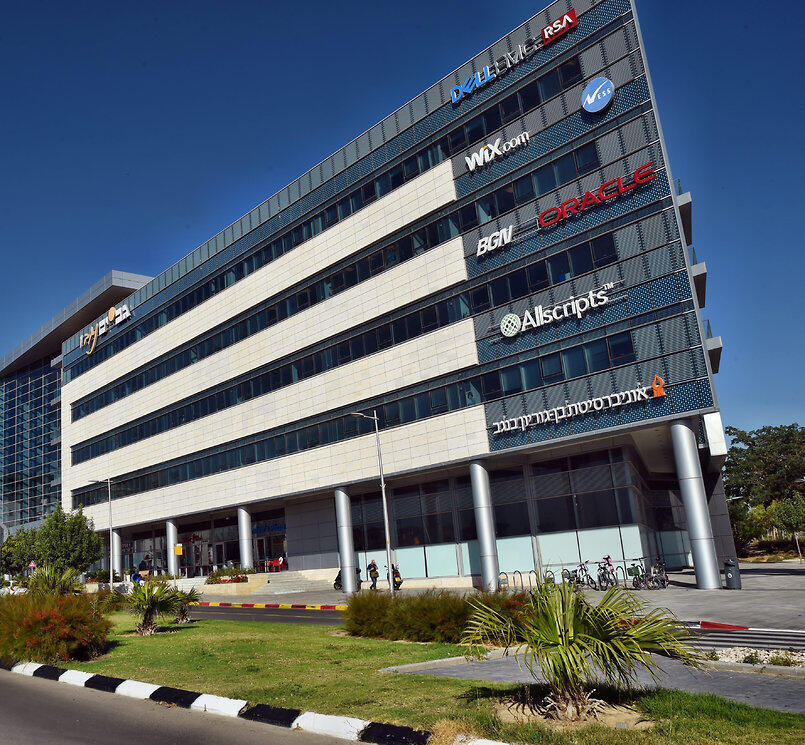Getting your Trinity Audio player ready...
There is no economic match for Israel's high-tech, the engine behind the country's export market. The prosperity of the high-tech sector altered the face of Israel, and contributes greatly both to the gross domestic product and tax revenues.
and Twitter
High-tech success also changed Israel's self-esteem and image, and created a spirit of entrepreneurship in society — not to mention the growing desire of Israeli parents to see their sons and daughters make a million selling their idea to Facebook or Google. It's hard to quantify how great an impact this industry has made on Israeli and Israelis.
Israeli politicians love to flaunt the country's high-tech, despite their miniscule contribution to this success. Official Israel spends huge sums on branding the country as a start-up nation, like a catchy headline of an American bestseller.
There are moral fissures in this industry, to put it lightly. International companies and their local representatives do whatever they can to avoid paying taxes here, much more than the same companies do in other countries. There are also disturbing marginal phenomena like gambling on shares and Forex. But hi, who cares, as long as we have a high-tech position.
Now, there's a disturbing silence.
In the U.S., Google and Facebook — by no means the epitome of morality — came out against Trump's anti-immigration laws. They had their reasons, both practical and moral. In pracitcal terms, these multi-national companies employ workers around the world, who make them the efficient machines they are, and morally speaking, these West Coast companies lean on a politically liberal crowd.
Nevertheless, after the 2016 elections in the U.S., it was revealed that Facebook shared information with Cambridge Analytics, which in turn cooperated with the Trump campaign.
Trump, for all his faults, cannot and does not try to meddle with the American constitution or its legislative institutions. Israel, however, is only a step away from becoming a country that is no longer defined as a full democracy.
If the Knesset legislates the bill that gives it the power to override the Supreme Court, it would be the formal ending of the rule of law in Israel, and a signal for every clerk in every ministry to break the law sans interference from the judiciary.
Even if the Knesset legislates a thinned-down version of the bill, the fact that it was on the agenda at all is to solely to get Netanyahu off the hook with his corruption cases is in itself a crack in the democratic rule of law.
Israeli high-tech is an industry deeply connected to the globalized economy. In neat conference halls in tall buildings, huge funds are invested in preserving the achievements of these corporations. But it appears some of them have forgotten that prosperity is almost always the result of democracy.
There is no example to be found of a democratic country that turned authoritarian and maintained its financial growth. Without strong institutions, a liberal protection on the right of ownership and a constitution anchored in liberty itself, Israel's prosperity would be hard to sustain.
Moreover, what would Israeli entrepreneurs tell their colleagues around the world? Where will they say they were, when Israeli democracy withstood its toughest challenge? And what will they tell their children when they ask?
Granted, we've had the odd petition and outraged interview or two, but Israel's most important industry can - and must - do far better, for the rule of law and the successes of the entrepreneurial sector are tightly entwined.
The downfall of Israeli democracy has greater significance than it even appears at first glance. It means the destruction of the prosperity that Israel as a high-tech, start-up nation enjoys.
Now is not the time to go with the flow, now is the time for high-tech giants to take a stand.




